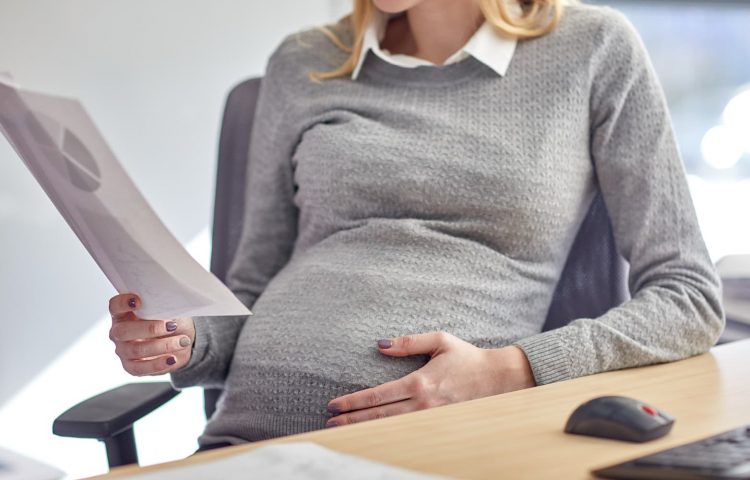
The Department for Business, Energy and Industrial Strategy (BEIS) has proposed extending protection for new parents against redundancy. The idea is not to introduce new legislation, but to provide greater protection within the policies already in place for pregnant women and parents returning to work.
Maternity discrimination has increased since 2005, with one in nine women having been fired or made redundant when returning to work after maternity leave – it is estimated that approximately 54,000 women lose their jobs due to pregnancy or maternity each year. For this reason, the Government has proposed that the current protection is extended.
The BEIS recommends that legal protection against redundancy should be extended to cover the period from the first written notice of pregnancy by the employee to the employer until 6 months following the individual’s return to work. It is also proposed that new mothers and pregnant women who have returned to work should have the same protection as those on maternity leave, therefore also benefitting from the so-called “right of first refusal”. Under Regulation 10 of the Maternity & Parental Leave Regulations, before a woman on maternity leave is made redundant the employer must offer them a suitable alternative vacancy where one is available with either the employer or an associated employer. It is also recommended that the additional protection is extended to parents who take shared parental leave, adoption leave or parental leave too.
There are five key things that should take place in the event of redundancy during or following maternity leave. The first is that the employer must be able to demonstrate that a genuine redundancy situation exists; for example, that they have a diminished requirement for employees to carry out work of a particular kind. Secondly, the employer must also have a fair selection process. Any absences related to pregnancy or maternity leave should be discounted for example and in the case of any poor performance assessments that were due to pregnancy or maternity leave the employer would need to consider how the pregnancy or maternity may have been a factor. Thirdly, employers should give the same information to employees on maternity leave as they give to other members of staff.
Fourthly, before making any employee on maternity leave redundant, the employer must offer the individual priority for any suitable vacancy over other redundant employees. A position is considered suitable if the terms, conditions, location and status offered are at least as good as the individual’s original role. This offer must be made without the employee at risk having to ask for the position, without an interview and without an application process. Finally, the individual is entitled to a written reason for their redundancy, redundancy pay (unless the employee has unreasonably refused a suitable alternative role) and notice of the redundancy.
This consultation on whether these protective rights should be extended closed on 5 April 2019 and it remains to be seen whether the recommendations of BEIS will become law.
Discrimination is a complex area of law and if you believe you have been unfairly treated by your employer or facing a redundancy situation at work then we would always recommend seeking advice. If you would like to discuss any area of employment law with a member of our team, please call our experienced employment team on 01270 215117 or email employment@hibberts.com
Alternatively, visit us at www.hibberts.com/employment for more information.